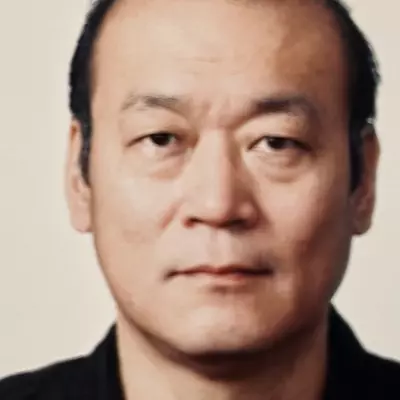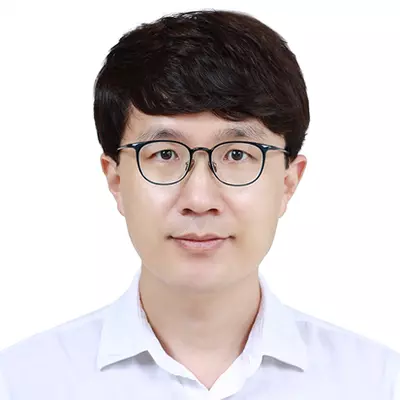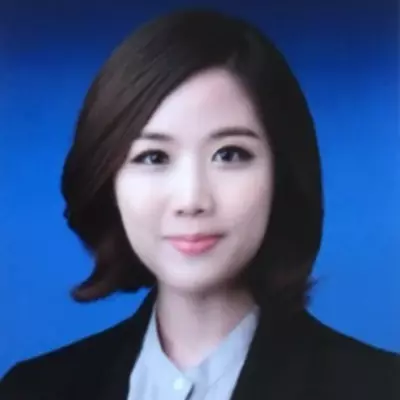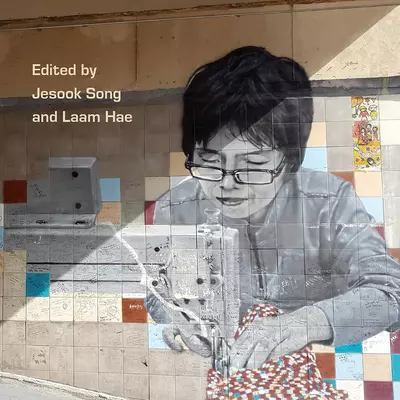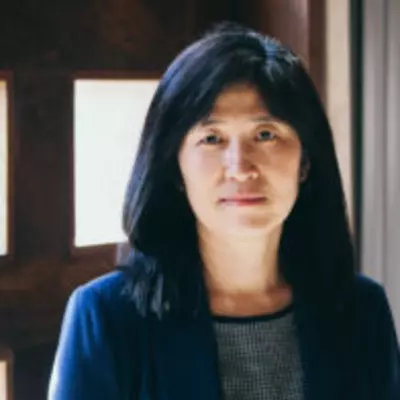Decolonizing Social Sciences: Insights and Practices from Transnational Korean Scholars
March 20, 2023 | 2:30PM - 5:30PM
|
In-person
The event will take place in room 208N, Munk School, 1 Devonshire Place.
Program
2:30 pm. Opening remarks and introduction
2:45 pm. Presentation by Jungmin Seo (20-25 minutes)
"Agents and Victims of Korean Nationalism: From History to Politics"
3:10 pm. Presentation by Young Chul Cho (20-25 minutes)
“Decolonizing International Relations Studies through Korean Literature”
3:35 pm. Presentation by Hye Min Ryu (20-25 minutes)
"Korean Feminism and Backlash politics in South Korea"
4:00 pm. Discussion by Jesook Song
4:10 pm. Discussion by Yoonkyung Lee
4:20 pm. Authors’ response
4: 40 pm. General Q&A
Presenters' Abstracts & Bios:
Agents and Victims of Korean Nationalism: From History to Politics
By Jungmin Seo
Abstract: The existing literature on Korean nationalism predominantly on the birth and history of nationalism, not on the politics of nationalism. The lack of political analysis of Korean nationalism stems from a rather simple reality: Korean nationalism has been studied by historians as well as anthologists and sociologists but not political scientists who have neglected the dynamic nature of nationalistic discourses in the Korean society. The political studies on Korea have been indifferent to this issue based on a vague assumption that Korean nationalism is an unchanging and fixed element of Korean culture and history while unconsciously accepting the primordialist theories of nationalism. By analyzing the development of Korean nationalism as a discursive field of political struggle, I suggest that modern nationalism, with its requisite reification of the nation as the ultimate object of political loyalty, should be understood as a process of hegemonizing and de-hegemonizing through competition among various political and social agents. It should not be understood as a uni-linear project toward an independent nation state. In other words, even a successful nation state is always subject to re-interpretation of nation-ness through which challenging social forces can de-legitimize the state’s claim as a guardian of the nation. With this theoretical framework, I briefly discuss various social forces such as the Korean state, Korean women, student dissidents, oversea Koreans and migrant workers as agents and victims of Korean nationalism who shaped the forms of political struggles in modern Korean history, and at the same time, whose identities were formed by the discursive struggles of Korean nationalism. In sum, this research is a tentative attempt to construct a theoretical framework to understand the life of nationalism in a well-constructed nationhood.
Jungmin Seo (PhD)is Professor of political science and international studies at Yonsei University, Seoul, South Korea. He taught at the University of Oregon and University of Hawaii before joining Yonsei University in 2010. His teaching and research areas are nationalism, Korean politics, Chinese politics, critical approaches to political science and International Relation theories. He recently published “Nationalism” in Oxford Handbook of Korean Politics (2023), “Koera-Japan relations through thick description: revisiting the national identity formation processes,” Third World Quarterly (forthcoming), “The Emergence and Evolution of Internatioanl Relations Studies in South Korea,” Review of International Studies (2021), and “Introduction: Political Dynamics of Korean Femiism-From #MeToo to Womad,” Journal of Asian Sociology (2020).
-----------------------------------------
Decolonizing International Relations Studies through Korean Literature
By Young Chul Cho
Abstract: This paper aims to un-suture Westphalian IR common sense from a non-essentialist and situated perspective in South Korea, in the context of decolonising IR. Toward this end, the paper methodologically looks at a South Korean novel, A Grey Man, published in 1963, the time when it was the early postcolonial period of South Korea and at the height of the Cold War. In doing a contrapuntal reading of Westphalian IR via the non-Western novel, the paper also attempts to do a different worlding and conceptualising of the international from the below. This paper mainly addresses the following set of questions. How do yellow negroes (subject race) make sense of themselves, their roles and life-modes in the world defined for them by the white West (master race)? How do yellow negroes understand and reply to the white West who has been hegemonic in world politics and history? What are A Grey Man’s ways of resisting, engaging with, or relating to the hegemonic West who is already internal to himself?
Young Chul Cho (Ph.D. in International Relations) is Professor in the School of International Studies at Jeonbuk National University in Jeonju, South Korea. Before taking up the current position, he taught at O.P. Jindal Global University (India), Leiden University (the Netherlands). He was a visiting scholar at National Taiwan University and National Chengchi University in Taiwan (ROC). His teaching and research interests include International Relations theory, critical geopolitics, non-traditional security studies, East Asian studies, knowledge production and travel, and philosophy. His articles can be found in Cambridge Review of International Affairs, Review of International Studies, International Journal, International Relations of the Asia-Pacific, Asian Perspective, Korean Observer, and so on.
-----------------------------------------
Korean Feminism and Backlash politics in South Korea
By Hye Min Ryu
Abstract: This paper aims to provide a new perspective on the current backlash against feminism in South Korea. The Korean society is currently experiencing a strong backlash against feminism. As this anti-feminist tendency has been widely shared by the young Korean men, the tendency became ‘the twenties men phenomenon’ in Korean society. Nevertheless, Korean feminism, which had been understood as an integral part of Korean democracy, looks withering amid the backlash associated with ideologies of ‘fair’ and ‘meritocracy’. Renowned feminist scholars even admitted that Korean feminists have lost the effective feminist language to combat it. In this paper, I argue that the current backlash in South Korea is not regressive to what Korean feminism seemed to achieve since the democratization in 1987 but rather presents new politics in South Korea. This paper concludes that the meaning of ‘progressiveness’ and ‘conservativeness’ in South Korean society could be discussed in the context of the backlash politics.
Hye Min Ryu is a doctoral student in political science at Yonsei University. Her research interests are in critical theory, feminism, and postcolonialism. Hye Min completed her undergraduate degree in East Asian Studies at University of Toronto and master’s degree in Political Science at Yonsei University.
Sponsor:
Centre for the Study of Korea
